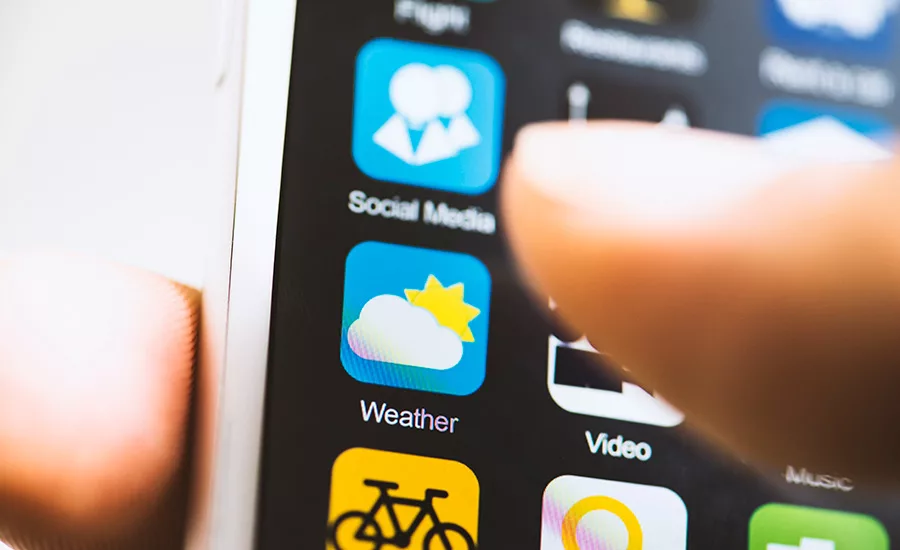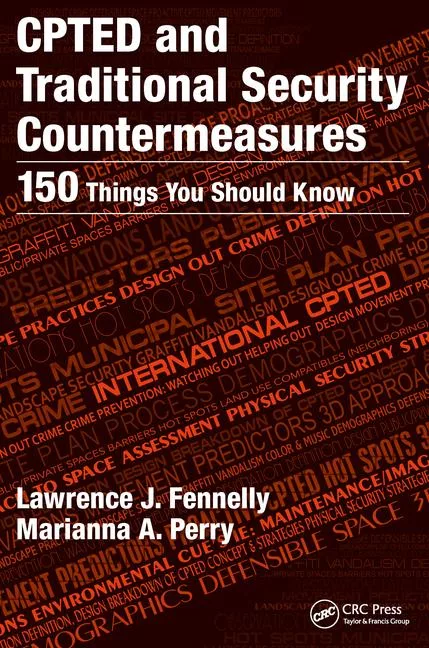Consumers Want “Internet of Things” to Become the “Internet of Intelligence”

A new study looks at how the proliferation of connectivity is changing the way consumers engage with content, information and the world around them.
The study, by CTAM and conducted by research consultancy Magid, revealed that smart home technologies, wireless home security monitoring, customizable experiences and a vast array of ways to access content are captivating consumers. Recent estimates show Americans will average 50 connected devices in their homes by 2020.
“In response to the exponential growth of internet-enabled experiences, this research provides the cable, media and entertainment industry with the keys to delivering what consumers want in a connected world,” said Vicki Lins, president and CEO, CTAM.
To accomplish the CTAM Connected Consumer study goals, Magid spoke with more than 100 “Internet of Things” (IoT) early adopter and prospect consumers, across 15 different focus groups and nine in-home ethnographies. The study found that early adopters are both demanding and forgiving when it comes to Smart Home technologies; they’re able and eager to figure out customized solutions and empowered to make these solutions work for them. Similar to early adopters, the IoT prospects are excited about the potential IoT technologies could offer, but are cautious due to concerns around reliability, true benefits, cost, privacy and security.
“As consumers become accustomed to everything being one click or voice command away, they grow frustrated by routine tasks that could be solved more intelligently. This leads consumers to believe that the more technology delivers in one part of their life, the more it should simplify the other parts of their life,” said Jill Rosengard Hill, Executive Vice President, Magid.
Key implications from the study include:
- From the Internet of Things (IoT) to the Internet of Intelligence (IoI): Time is an incredibly valuable commodity for consumers, who are looking for solutions that can anticipate their needs and handle repetitive, everyday tasks. For example, the integration of Google Calendar and Google Maps apps have given consumers a taste: calendar events that include a destination trigger departure alerts that allow users to arrive on time based on current traffic conditions.
- The best enabler will win: Consumers are wary of trying new technology, especially as it becomes more advanced in its capabilities. The first brand that can ease those concerns while delivering what they promise will gain trust, which leads to future business from that consumer.
- A provider who is first to successfully enable consumer smart solutions will earn their trust: With it still in its infancy, smart tech is gaining adoption on a device-by-device and solution-by-solution basis. As with any new technology, trust is among the most important currency brands can have with their consumers. They are more likely to stick with the first brand that gives them what they want and feel comfortable with, while expecting a high degree of cooperation and interoperability across devices, platforms and brands.
Looking for a reprint of this article?
From high-res PDFs to custom plaques, order your copy today!






